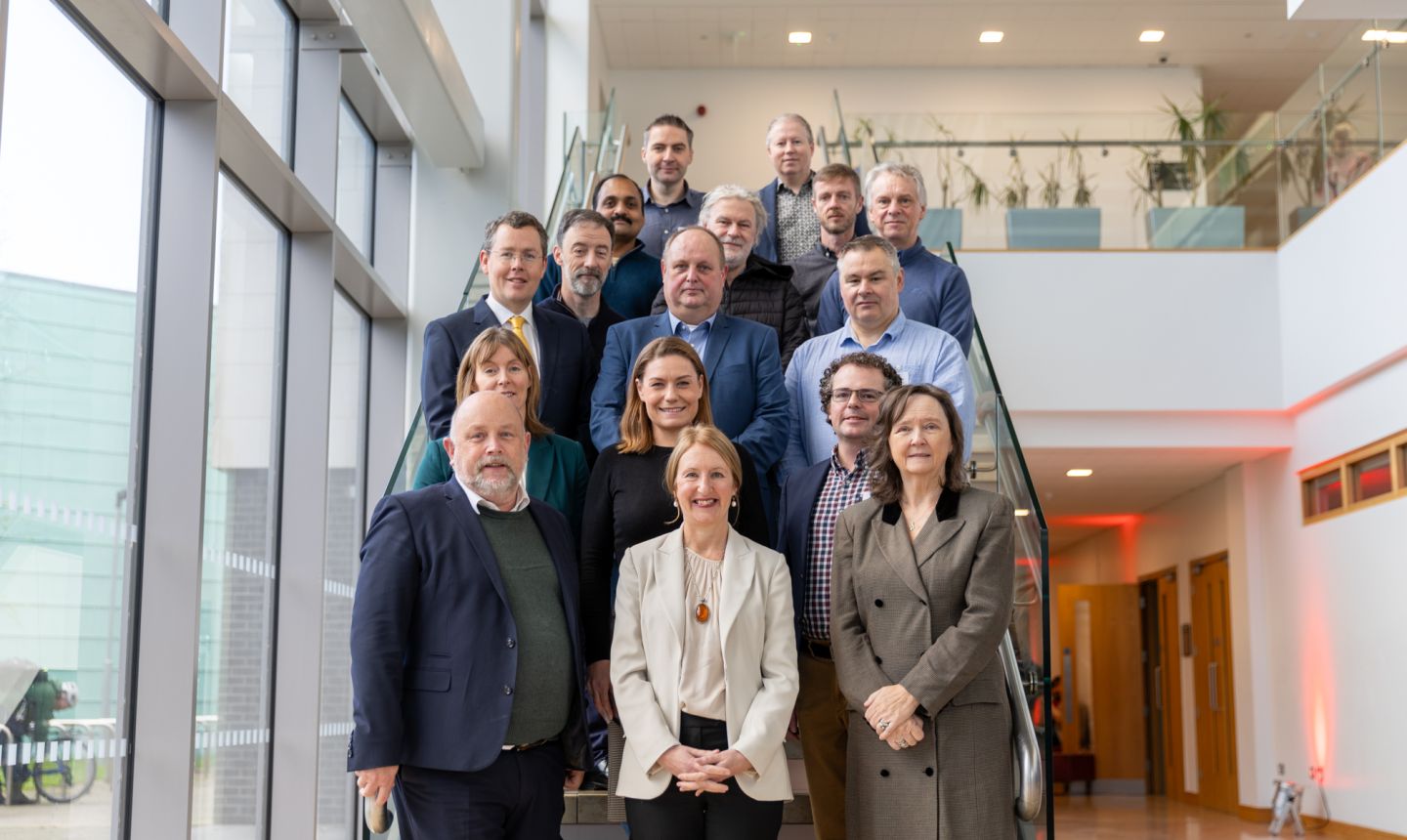
Overview
Unfortunately, terms such as phishing, piracy, the dark web, online scams and cyber fraud have become familiar to the general public and businesses alike. This programme will develop graduates that are skilled in the latest cybersecurity techniques and technologies. Graduates will be able to propose solutions to solve some of the most pressing issues in cybersecurity that enhance both privacy and trust in ICT systems.
What will be able to do when I finish this programme?
The modules of Security Management and Compliance; Network and Cloud security; Advanced Incident Response; and Penetration Testing will focus on developing keys skills to enable graduates to become Security Analysts, Security Engineers, Penetration Testers and Security Managers in the Cybersphere.
The programme will introduce students to innovative ways in which privacy and trust can be established via the Cryptography and Blockchains and Distributed Ledgers modules. Students will develop applications that will provide solutions to create a more trustworthy cyberspace.
Delivery
This is an online programme, delivered over 14 hours per week.
What subjects will I study?
- Security Management and Compliance
- Network and Cloud Security
- Modern Cryptography
- Research Methods
- Advanced Incident Response
- Penetration Testing
- Blockchains and Distributed Ledgers
- Dissertation
NOTE: Coursework also includes an industry aligned project as a main programme deliverable.
Entry Requirements
A second-class honours level 8 primary degree (or equivalent)in Computer Science or cognate discipline with significant numerate, technical and analytical content.
OR
Applicants who do not meet the above standard entry requirements will also be considered if they have an undergraduate degree (at Level 7 or higher) and a minimum of 3 years verifiable relevant industrial experience. Shortlisted applicants who do not meet the standard entry requirements will be invited for interview.
Shortlisted applicants who do not meet the standard entry requirements will be invited for interview.
Graduates are well positioned to apply to related fields of study at Master and PhD levels.
Graduates will have the skill set to work in a variety of roles within Cybersecurity such as:
- Security Analyst
- Security Engineer
- Security Manager
- Network Engineer
- Cloud Engineer
- Penetration Tester
- Secure Application Developer
- Information Risk Advisors.
Stories
Course Leader






